A bridge on Highway 50 is under construction, affecting travel to Gunnison from the west. Learn more here.
HORSEBACK RIDING
Hit the trail
Gunnison County has over 2 million acres of public lands. Regardless of whether you’re putting together a pack trip to hunt in the fall or are interested in a trail ride with the family there’s plenty of room to ride.
HORSEBACK TRAIL RIDES
Several places in the valley offer trail rides on public and private land. Summer horseback riding is one of the best ways to experience the Wildflower Capital of Colorado, as well as spot wildlife like elk and deer.
Booking a trail ride with one of the outfitters in the area is a good way to experience our remote Wilderness Areas that don’t allow vehicles and motorized traffic. You can see some of the most beautiful and unspoiled areas in the Gunnison and Crested Butte area without having to work quite as hard.
Pack Trips
Gunnison and Crested Butte are surrounded by designated Wilderness Areas that do not allow motorized access. This means solitude, untainted views, and few visitors. Visiting Wilderness Areas on horseback either by yourself or through one of the outfitters in the valley means you can experience all of this.
Many hunters choose to use horseback as their primary means of accessing remote hunting terrain in the fall. By going with a hunting guide you can set up a drop camp and hunt different areas from horseback. When you shoot a 700 lb. bull elk 11 miles from the nearest road, you’ll be really happy you brought a horse with you to help pack it out.
Trails
Coming to Gunnison and Crested Butte with your own horse? Here are some popular trail rides in the valley.
Deadhorse Trail at Black Canyon of the Gunnison National Park
This trail is on the North Rim of Black Canyon National Park and is the only trail in the canyon open to horses. It is about 5 miles round trip and easy to moderate difficulty. Please review rules for horse use in the Black Canyon before hitting the trail.
Snodgrass Mountain Trail
This trail is about 5.8 miles round trip and moderate difficulty. It is accessed by driving up Gothic Road from Crested Butte through Mt Crested Butte. In the summer you’ll ride along colorful wildflowers and in the fall vibrant aspen trees. It also offers excellent views of Gothic and the Elk Mountains. It sees a lot of use from hikers and bikers, so be mindful while using it.
Washington Gulch Road
This trail is 7.5 miles out and back and moderate difficulty. It is accessed by taking a left off Gothic Road 1.75 miles north of Crested Butte. This is another good trail for wildflowers and views of Ragged Wilderness and Gothic Mountain. This trail is also popular with hikers and bikers.
Silvercreek Trail
This trail is in Gunnison National Forest. It is 3.5 miles out and back and moderate in difficulty. After the first 1/2 mile it runs along the creek, which is white in color due to aluminum from volcanic rocks in the mountains. Eventually the creek merges with the main creek, which is red in color from oxidized iron. It is also used by hikers and bikers.
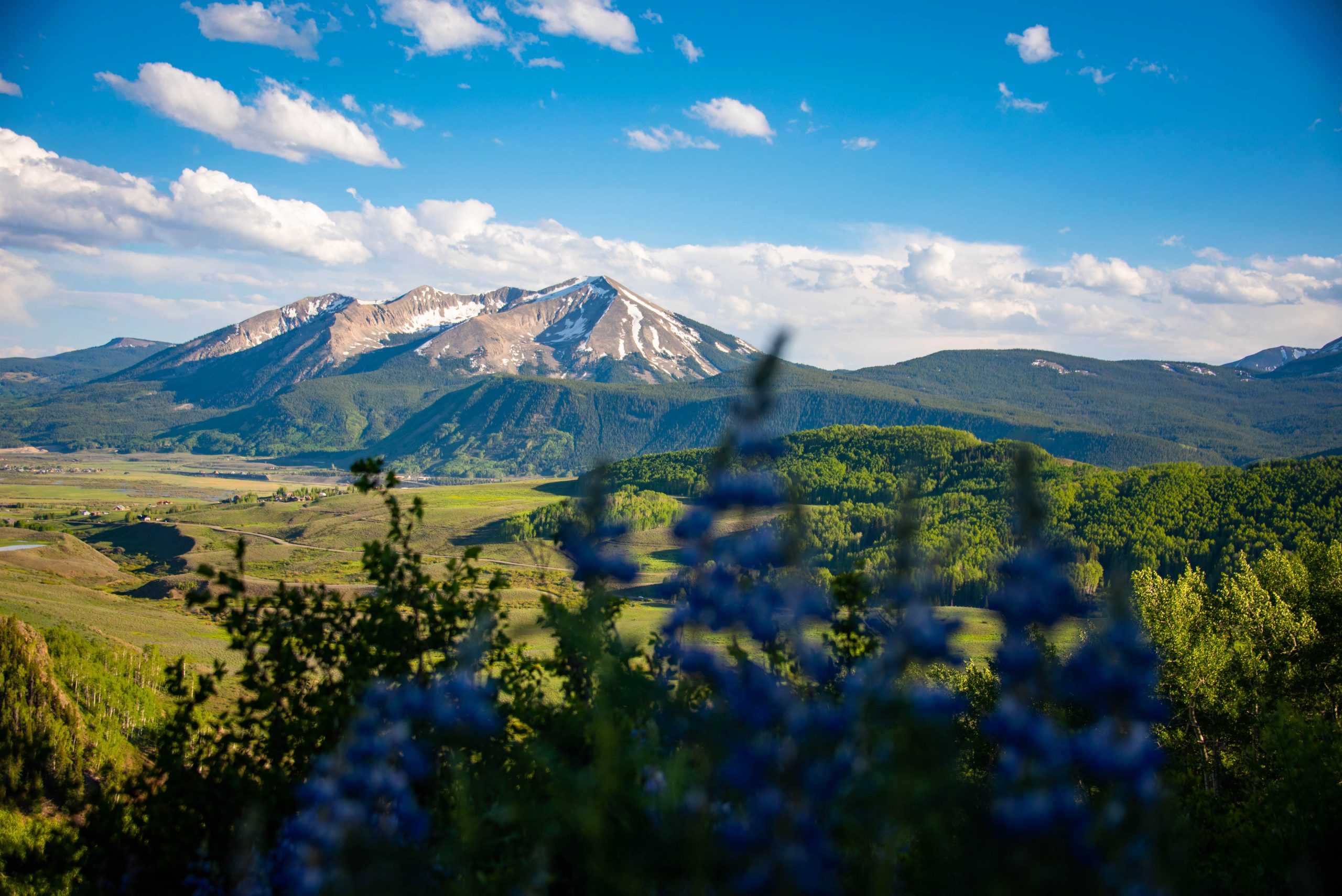
Gunnison horseback riding trails
Discover your next Gunnison trail ride
Crested Butte Horseback Riding Trails
Plan a trail ride in Crested Butte
ACTIVITIES IN GUNNISON-CRESTED BUTTE
Be sure to check out the other fall and summer activities Crested Butte and Gunnison have to offer. We have stellar mountain biking trails and an abundance of hiking trails, rivers to raft and fish, rocks to climb, good food to eat, and cool towns to see. Check out our activities page to learn more!
CRESTED BUTTE AND GUNNISON HOTELS
Whether you’re looking for a cabin or a condo, a hostel or a traditional hotel, we’ve got you covered for a vacation rental. Visit our Lodging page to learn more!
FIND A HORSEBACK GUIDE
-
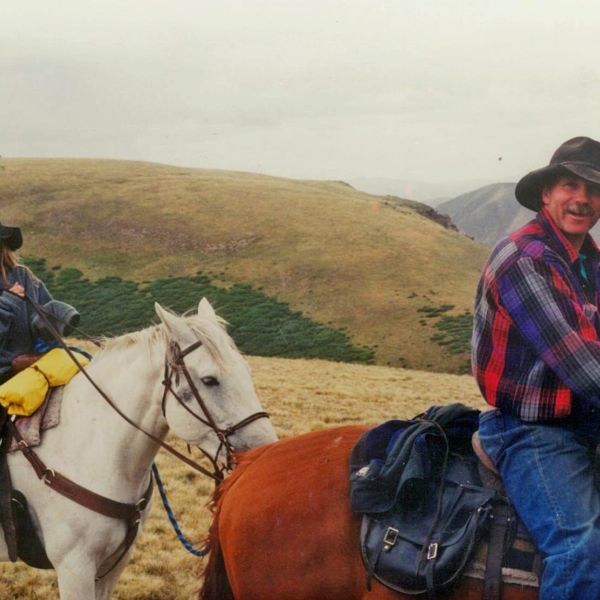
Raven Rider Stables
We are a family operation that has been providing horseback excursions in the Gunnison Valley for…More info -
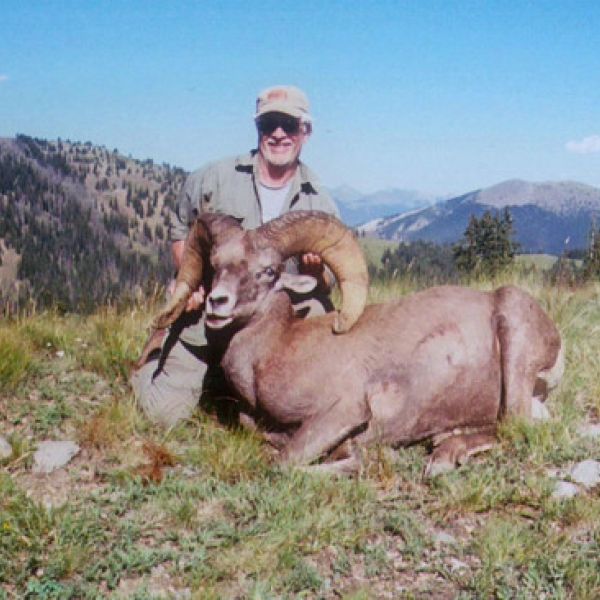
Quaking Aspen Outfitters/ Dave Mapes
Quaking Aspen Outfitters has been putting hunters on big game for over three decades. Owner and o…More info -
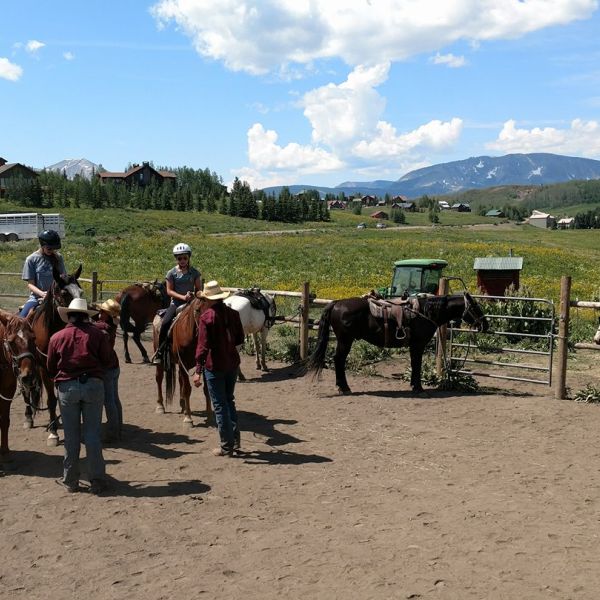
Fantasy Ranch Horseback Adventures
Fantasy Ranch has a variety of summer rides in the mountains around Crested Butte. We offer 1 1/2…More info -
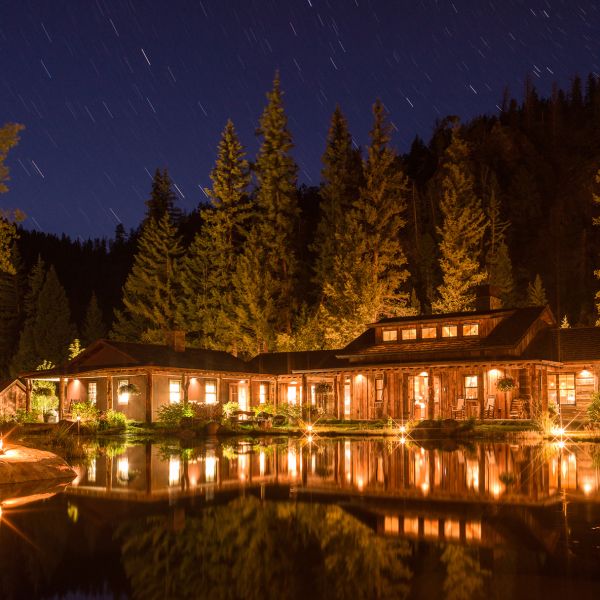
The Eleven Experience
Eleven Experience is an exclusive accommodation and experiential travel brand with a slate of lux…More info -
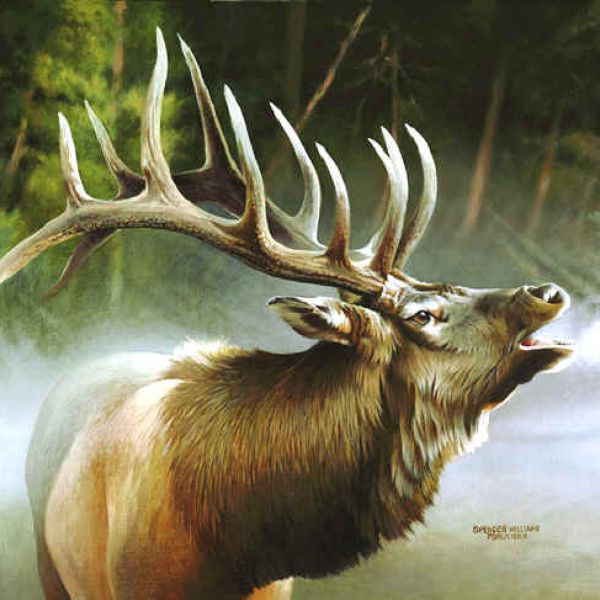
Sawbuck Outfitters Wilderness Horseback Adventures
Sawbuck Outfitters Horseback Retreats, Trail Rides, Hiking Hide Away, Elk Hunting, Outfitting, Gu…More info -
Tenderfoot Outfitters
Voted the Gunnison Country’s Best Adventure Outfitter. Western style horseback expeditions into t…More info -
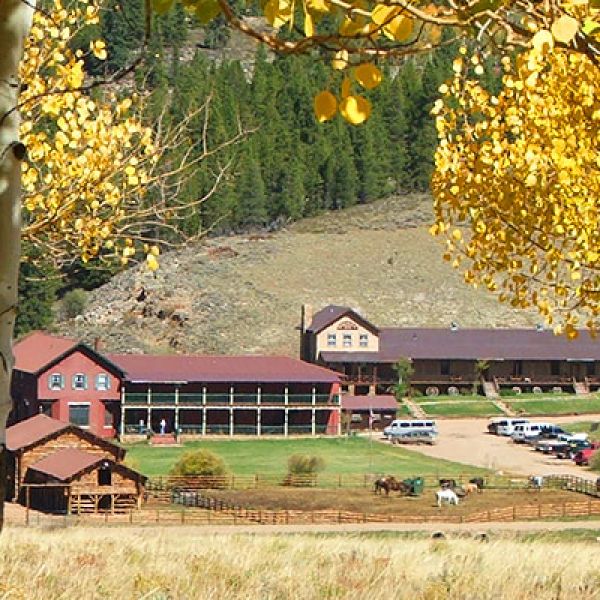
Waunita Hot Springs Ranch
Located 27 miles east of Gunnison, an all-inclusive dude ranch, offering a full program of ranch …More info -
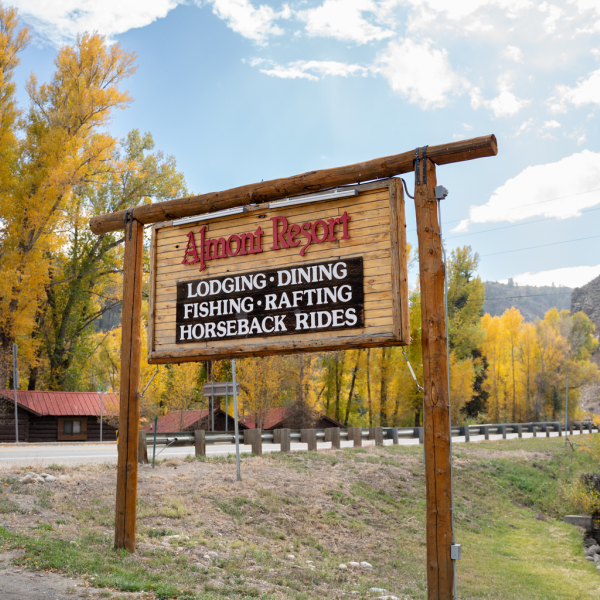
Almont Resort
Almont Resort offers 20 cabins situated on the headwaters of the Gunnison River. A historic lodge…More info
More stories about horseback riding
-
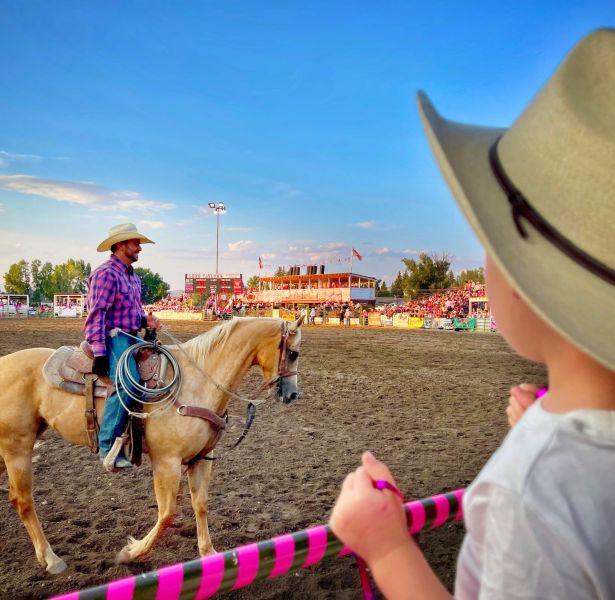
Five Family Friendly Summer Activities in Colorado
Words and photos by Danica Bona The Gunnison Valley is for Family Colorado is known for its stunning natural beauty, outdoor recreation and family-friendly adventures. The mountain towns in the […] -
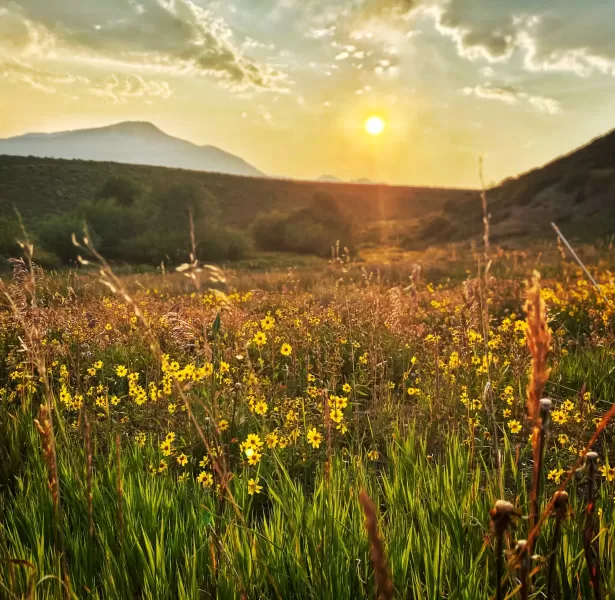
Frequently Asked Questions About Visiting Crested Butte
Crested Butte is a year-round Colorado vacation destination. Whether you’re visiting in summer or winter, you’ll find cool places to go and exciting things to do on your Colorado trip. […] -
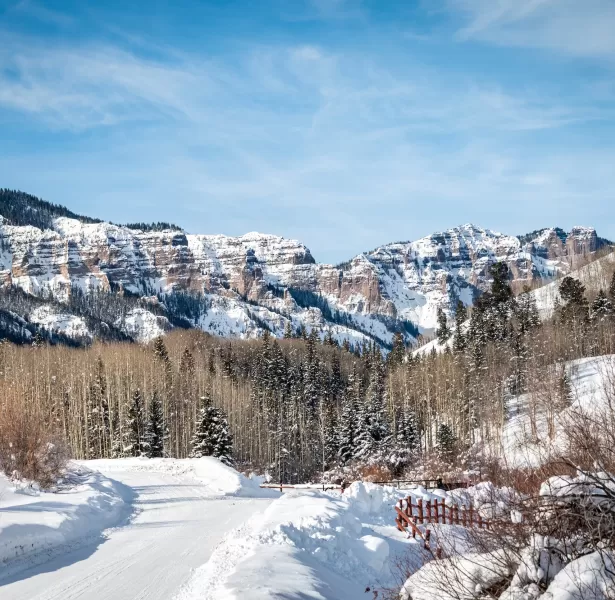
Frequently Asked Questions About Visiting Gunnison
Considering Gunnison for your next Colorado vacation? You might have some questions about visiting Gunnison and the surrounding area. What is Gunnison like? Are there kid-friendly activities in Gunnison? What […] -
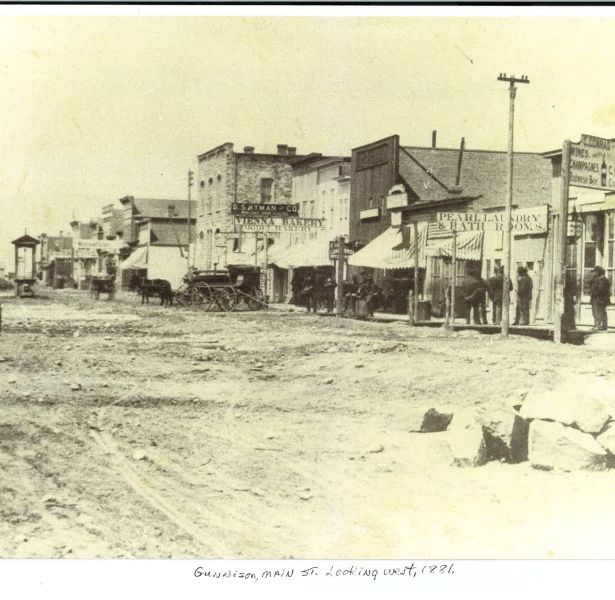
Haunted Places in Crested Butte and Gunnison
Photo courtesy of Old Timers of the Gunnison Country There are many haunted places in Crested Butte and Gunnison, and most of them are tied to the area’s mining history. […] -
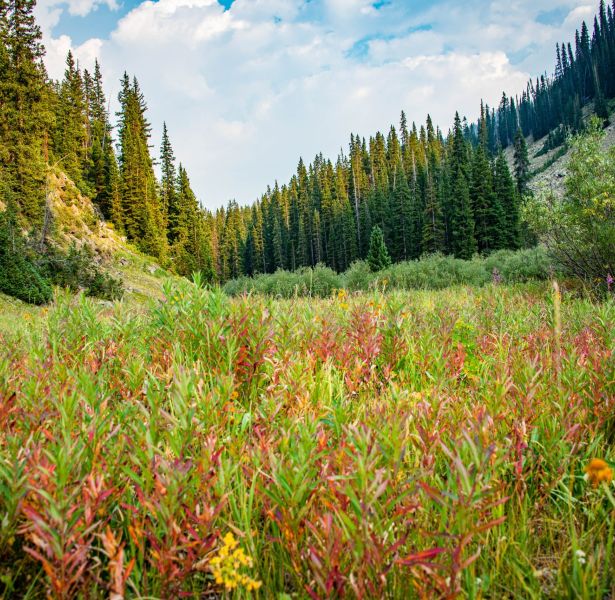
Summer Trails Etiquette in Gunnison and Crested Butte
Summer in Colorado is full of opportunities for adventures out on the trails. There are 1200+ miles of trails and over two million acres of public lands in Gunnison and […] -
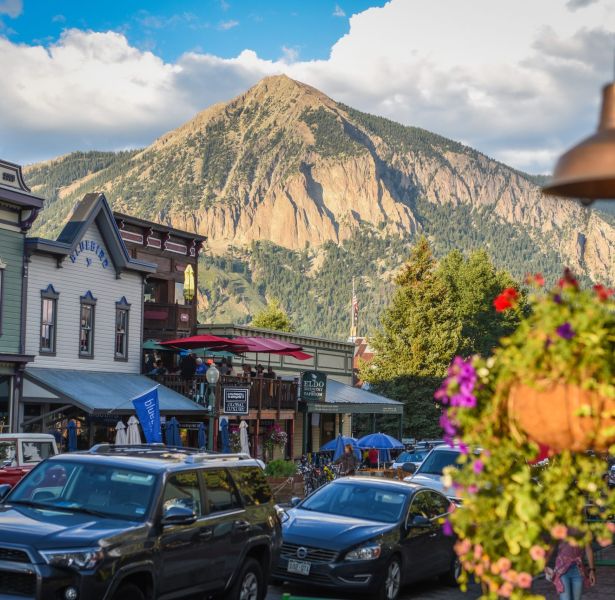
First-Timer’s Guide to Crested Butte: Where to Stay – Lodging
Where to Stay Gunnison Valley has four distinct communities. Driving south to north, you’ll come upon Gunnison, Almont, Crested Butte and Mt. Crested Butte. There are a variety of lodging […]
SUBSCRIBE TO OUR EMAIL NEWSLETTER!
We'll send you travel tips and news twice a month. Unsubscribe anytime!


